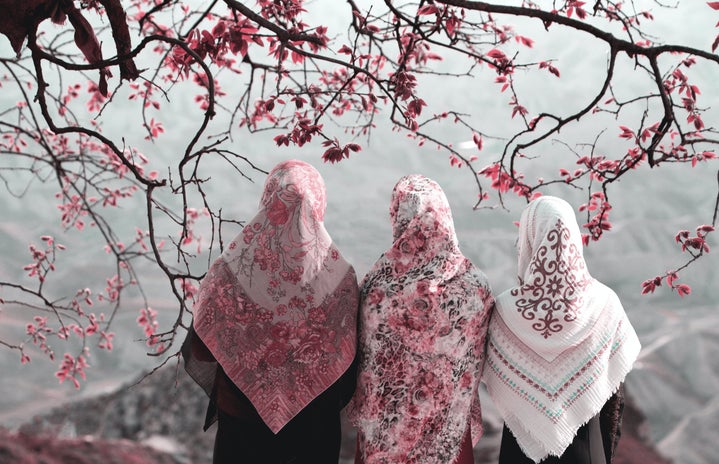Ramadan is the ninth month of the Islamic calendar. This year, it started on the night of March 10th and ended on April 8th. According to the religion, it is the month when the “Alcoran of Mahomed”, their sacred book, was revealed.
In a majority Christian-country, such as Brazil, Ramadan is not fully understood. A Lebanese woman, who didn’t want to identify herself, explained that not everything that it’s told about her beliefs is the truth.
Ramadan’s myths
Fasting is only a small part of Ramadan. “There’s also God’s worship and the charity we, Muslims, do”, said the woman. She explains that everything they do has a value and God gives it back in double.
And no, they can’t eat or drink anything, not even water. They usually stay without eating from sunrise to sunset every day and it lasts the entire month.
Pregnant women, the elderly, and people with chronic diseases are not obligated to fast. However, they still put into practice everything else, from donations to prayers.
Ramadan is also not mandatory for Muslims before puberty, but it’s not unusual to start doing it sooner. “We teach the kids so they get used to it. I’ve been doing it since I was 10 years old”. The woman is a mother of seven children. Her youngest daughter started Ramadan last year, at 9 years old.
In the Islamic religion, Muslims must pray five times a day directly to Mecca. During Ramadan, they do an additional devotion. It’s called the Taraweeh and it’s the last of the day, after the night prayer.
To someone who is used to it, there are almost no changes: “Our routines don’t change that much. The only difference is that we have to go fasting until sunset and we also have to pray an additional time at night”, says the interviewee.
Ramadan is frequently seen as suffering in the occidental society. Although everything the Muslims do is given as “Allah’s orders”, they don’t question anything, nor dislike doing what they’re supposed to. She explains that it’s quite the opposite: “It’s a blessed month and we feel good about ourselves doing what God told us to”.
Being Muslim in Brazil
Data revealed by FAMBRAS (Muslim Associations Federation of Brazil) shows that the Islamic community in Brazil has over 1,5 million people. However, there are no significant numbers of immigrants. This number is given because the Islamic religion is usually resembled by two things: its easy conversion into the religion and the culture of many children.
“We feel free and comfortable to say whatever we want about our religion”, said our source, in the name of her community. She has been living in Brazil for 26 years and is married to a Lebanese man. According to her, Brazil is a very welcoming country.
Unfortunately, her experience does not correspond with reality. According to the NGO Safernet, in Brazil, religious intolerance in virtual spaces has increased five times from 2021 to 2022. Nowadays, it is evident that the scenario has gotten worse due to the conservative and closed-minded paradigms being reinforced more than ever.
The article above was edited by Camila Lutfi.
Liked this type of content? Check Her Campus Casper Libero home page for more!


